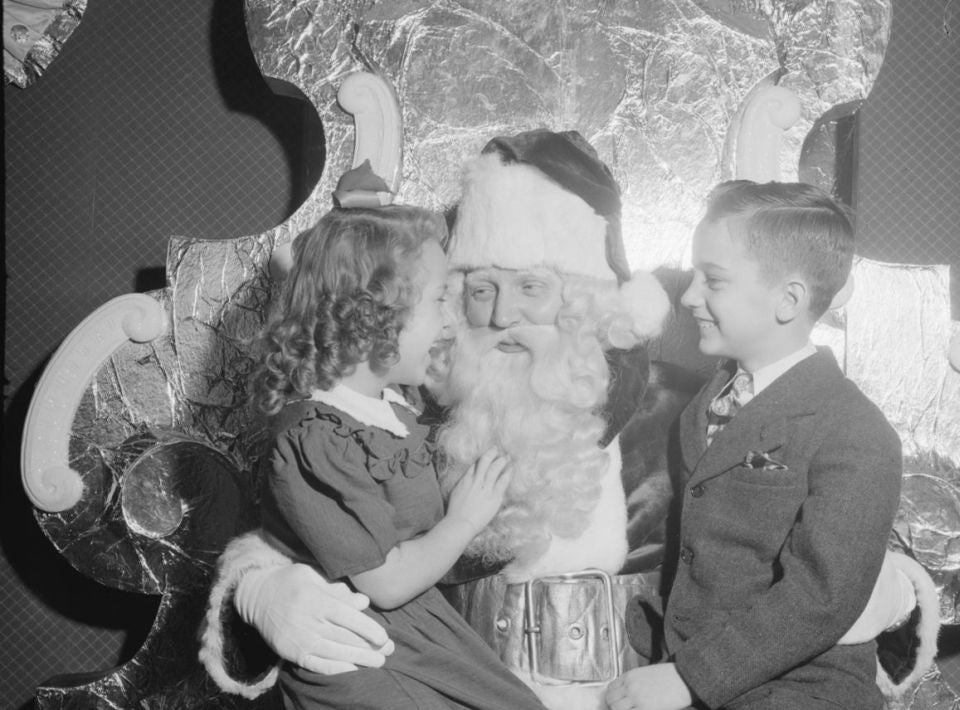A Series of Small Failures: The Conduct of Fiction
In the January 2016 issue of The Wire, Stewart Smith writes of pianist Matthew Shipp’s latest album: “Of the five albums Matthew Shipp issued as leader or co-leader in 2015, The Conduct Of Jazz is perhaps the finest.” It is a fine album; I’m listening to it now, fondly remembering the sublime experience of seeing Shipp in duo with bassist Michael Bisio earlier this spring. Still, The Conduct Of Jazz doesn’t make The Wire’s year-end top 50 cut, though it does make Downbeat’s roundup. My guess is that, one way or the other, Shipp doesn’t care. “What’s the use—I’ve got too many sides out as it is,” he was quoted saying fifteen years ago, in reference to a plan to retire from recording. “I don’t feel the psychological need to continually flood the market with this material…. Embellishment for the sake of the cash advance. That’s a kind of cynicism I’d rather not get into.”
A Series of Small Failures: The Conduct of Fiction Read More »
In the January 2016 issue of The Wire, Stewart Smith writes of pianist Matthew Shipp’s latest album: “Of the five albums Matthew Shipp issued as leader or co-leader in 2015, The Conduct Of Jazz is perhaps the finest.” It is a fine album; I’m listening to it now, fondly remembering the sublime experience of seeing Shipp in duo with bassist Michael Bisio earlier this spring. Still, The Conduct Of Jazz doesn’t make The Wire’s year-end top 50 cut, though it does make Downbeat’s roundup. My guess is that, one way or the other, Shipp doesn’t care. “What’s the use—I’ve got too many sides out as it is,” he was quoted saying fifteen years ago, in reference to a plan to retire from recording. “I don’t feel the psychological need to continually flood the market with this material…. Embellishment for the sake of the cash advance. That’s a kind of cynicism I’d rather not get into.”








